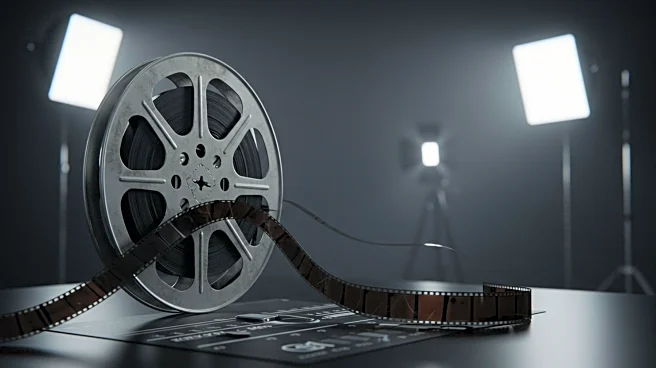What's Happening?
A new docuseries on Apple TV+ titled 'Mr Scorsese' reveals that Oscar-winning director Martin Scorsese once threatened to buy a gun in response to suggested edits to his 1976 film 'Taxi Driver'. The documentary, which explores Scorsese's life and work, includes interviews with notable figures such as Steven Spielberg and Brian De Palma. Spielberg recounts receiving a call from Scorsese, who was furious over demands to cut violent scenes from the film. Scorsese considered taking drastic measures, including threatening studio executives or stealing the film's rough cut. Ultimately, a compromise was reached, allowing the film to retain its controversial scenes by altering the color of the blood from red to brown.
Why It's Important?
The revelation highlights the intense creative struggles filmmakers face when dealing with studio demands. Scorsese's reaction underscores the importance of artistic integrity and the lengths to which directors may go to protect their vision. The compromise reached for 'Taxi Driver' allowed the film to maintain its impact, contributing to its status as a classic. This incident also sheds light on the broader challenges within the film industry, where directors often clash with studios over content and censorship, affecting the final product and its reception.
What's Next?
The docuseries 'Mr Scorsese' is expected to provide further insights into Scorsese's career and personal life, potentially influencing public perception of his work. It may also spark discussions about the balance between creative freedom and studio control in filmmaking. As the series gains attention, it could lead to renewed interest in Scorsese's films and his approach to storytelling, impacting future projects and collaborations.
Beyond the Headlines
The documentary's exploration of Scorsese's life may offer a deeper understanding of the ethical and cultural dimensions of filmmaking. It highlights the tension between artistic expression and commercial interests, a recurring theme in the industry. The series could prompt reflections on the evolution of film censorship and the role of directors in shaping cultural narratives.










